Efficiency of water heaters
amykas
10 years ago
Related Stories

GREAT HOME PROJECTSHow to Switch to a Tankless Water Heater
New project for a new year: Swap your conventional heater for an energy-saving model — and don’t be fooled by misinformation
Full Story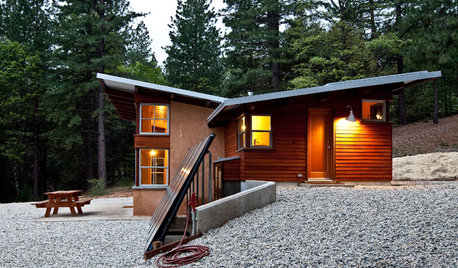
GREAT HOME PROJECTSHow to Add a Solar Water Heater
Lower energy bills without a major renovation by putting the sun to work heating your home’s water
Full Story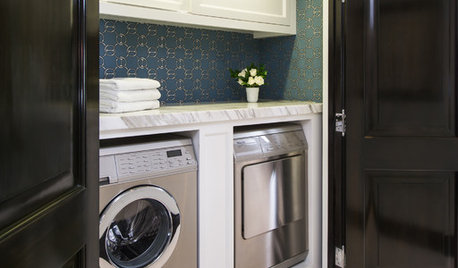
LAUNDRY ROOMSHouzz Call: Show Us Your Wonderfully Efficient Laundry Room
Got a drying rack, a folding table or clever storage in your laundry room? We want to see it!
Full Story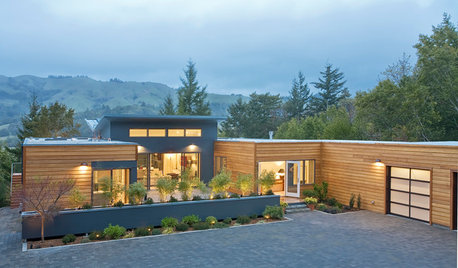
GREEN BUILDINGEfficient Architecture Suggests a New Future for Design
Homes that pay attention to efficient construction, square footage and finishes are paving the way for fresh aesthetic potential
Full Story
ARCHITECTUREHouzz Tour: High Efficiency for a Modern Riverside Cabin
With an insulating green roof, savvy material use and a smart design, this home in the woods wastes not in a beautiful way
Full Story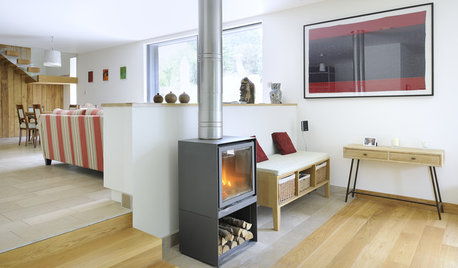
GREEN BUILDINGHouzz Tour: Efficiency Comes Into Play in the English Countryside
This light and airy family home in Hampshire was constructed using local materials and is packed with eco-friendly features
Full Story
CONTEMPORARY HOMESHouzz Tour: Toasty Warm and Energy-Efficient in Utah Ski Country
An architect builds his own first home with passive house standards at the forefront
Full Story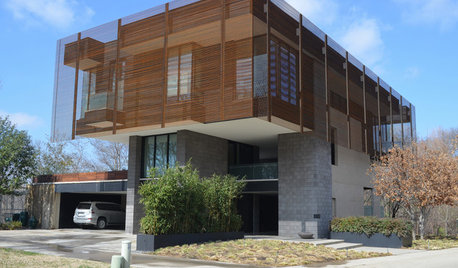
HOUZZ TOURSMy Houzz: A Modern Approach to Efficient Living in Dallas
Energy efficiency, water conservation and resilient materials are key to this home in a Texas development
Full Story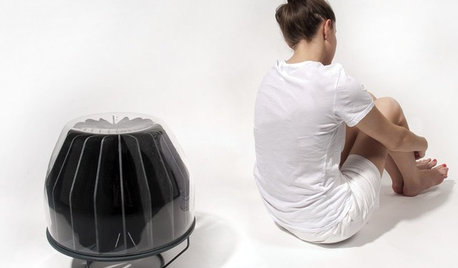
GREEN DECORATINGA New Breed of Space Heaters Helps You Stay Toasty in Style
Shiver no more with style-conscious heaters that let you turn down the thermostat and snuggle up in warmth
Full Story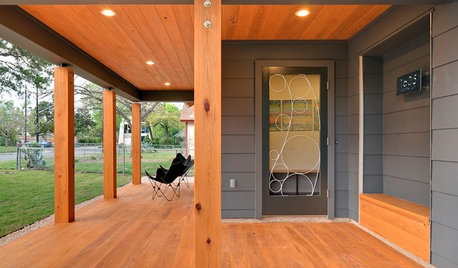
HOUZZ TOURSHouzz Tour: Artful and Efficient in Austin
Visit a home that glows with local materials, thoughtful design, heritage trees and Moontowers
Full StoryMore Discussions






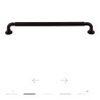
weissman
philwojo99
Related Professionals
Albany Kitchen & Bathroom Designers · Carson Kitchen & Bathroom Designers · San Jose Kitchen & Bathroom Designers · Sunrise Manor Kitchen & Bathroom Remodelers · Cocoa Beach Kitchen & Bathroom Remodelers · Eagle Kitchen & Bathroom Remodelers · Kendale Lakes Kitchen & Bathroom Remodelers · Paducah Kitchen & Bathroom Remodelers · South Lake Tahoe Kitchen & Bathroom Remodelers · Sweetwater Kitchen & Bathroom Remodelers · Terrell Kitchen & Bathroom Remodelers · Westchester Kitchen & Bathroom Remodelers · Hammond Cabinets & Cabinetry · Lakeside Cabinets & Cabinetry · Watauga Cabinets & Cabinetrydadoes
herring_maven
jwwbrennan
black88mx6
Ed-C
black88mx6
kaseki